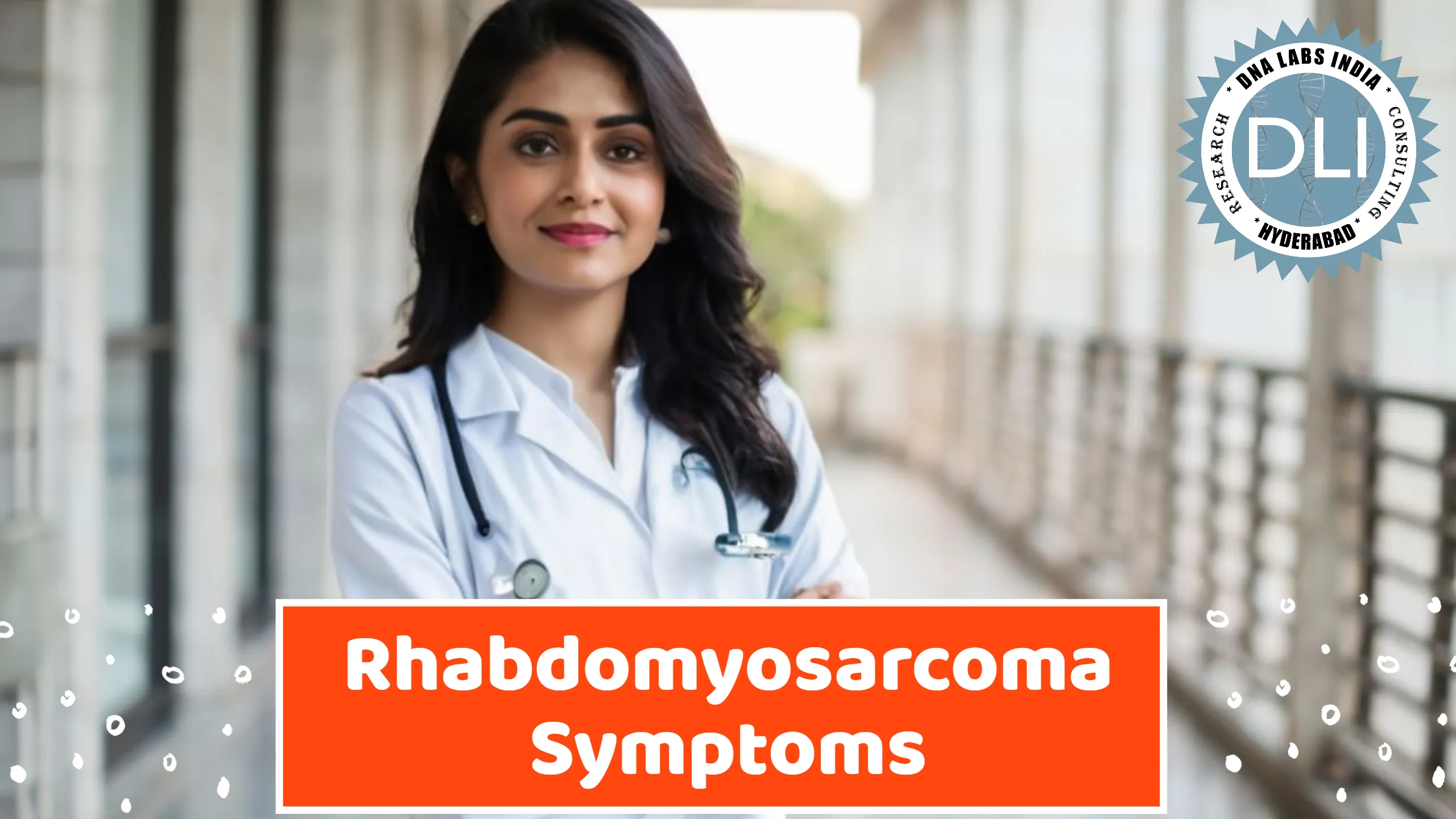Stay Vigilant: Understanding Symptoms of Rhabdomyosarcoma in India
Rhabdomyosarcoma (RMS), a rare type of childhood cancer, can be an alarming diagnosis. In India, recognizing the symptoms early is essential for effective treatment and maintaining a hopeful outlook. This guide is crafted to help you identify signs of RMS, empowering you to actively manage your child’s health.
Insights into Rhabdomyosarcoma:
Rhabdomyosarcoma originates from immature muscle cells and can develop almost anywhere in the body. For children, it typically occurs in these areas:
- Head and Neck: Including parts like the eyes, ears, nose, and throat.
- Genitourinary System: Affecting areas such as the bladder, testicles, and vagina.
- Limbs: Both arms and legs.
- Torso: Including the chest, abdomen, or pelvis, though these are less common.
The Importance of Early Detection:
Symptoms of RMS might not be obvious at first, making early detection a crucial element that enables more effective treatment options like surgery, chemotherapy, or radiation therapy. Early intervention not only enhances treatment success but also improves the quality of life for your child.
Symptoms Not to Overlook:
Monitor these symptoms closely, and if they persist for more than two weeks, they warrant further investigation:
- Lump or Mass: The most frequent symptom is a painless swelling or lump, which can occur anywhere on the body based on the tumor’s location.
- Pain or Discomfort: Tenderness or pain may develop in areas affected by the tumor due to its pressure on adjacent tissues.
- Head and Neck Area: If the tumor is located here, symptoms might include:
- Swelling or asymmetry of the face
- Breathing or swallowing difficulties
- Persistent nasal congestion or nosebleeds
- Changes in vision, such as bulging eyes
- Hearing changes, including ringing in the ears or hearing loss
- Urinary or Bowel Disturbances: For tumors in the bladder or abdomen, look for:
- Bloody urine
- Challenges with urination
- Constipation
- Other Symptoms: Less common signs include unexplained fever, weight loss, or easy bruising.
While not all children with these symptoms will have RMS, they should prompt a consultation with a pediatrician or a pediatric oncologist specializing in childhood cancers.
Empowering Yourself as a Parent:
While you can’t control factors like genetic predispositions, you can:
- Stay Observant: Keep a close eye on any unusual changes in your child’s health or behavior.
- Communicate Openly with Healthcare Providers: Never hesitate to discuss any health concerns with your child’s doctor and ask pertinent questions.
- Ensure Regular Medical Visits: Maintain a schedule of regular health checks and well-child visits to monitor your child’s development.
Conclusion:
Armed with knowledge and an observant eye, you can play a crucial role in the early detection and management of Rhabdomyosarcoma. Prompt action in response to any unusual symptoms is vital. By taking proactive steps and seeking medical advice early, you contribute significantly to the potential for successful treatment and a brighter future for your child.



